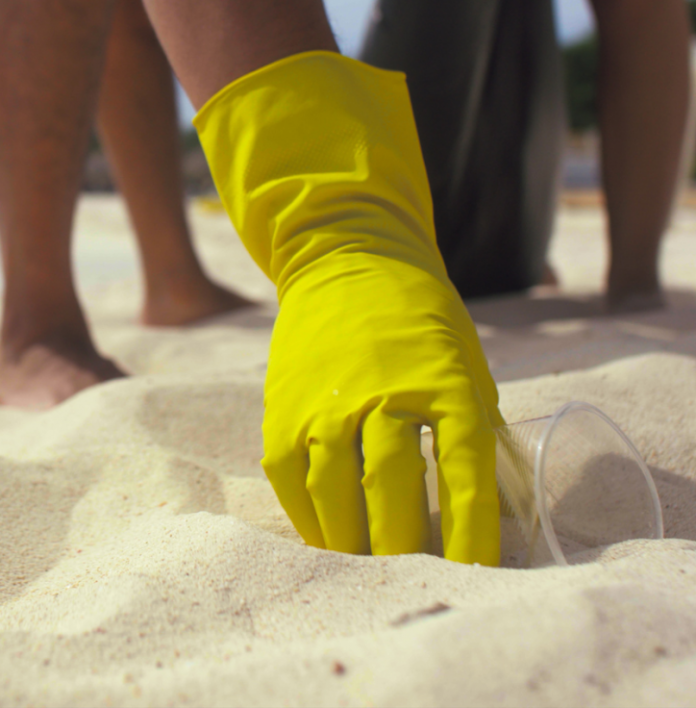The United Nations General Assembly on December 14, 2022, recognized the importance of zero-waste initiatives and proclaimed March 30 as International Zero Waste Day, which we observed for the first time in 2023.
The Department of Nature and Environment DNM has the task of informing the community about subjects that affect our environment and nature. The DNM focuses on promoting a pattern of sustainable and circular production and consumption that contribute to the Agenda 2030 for Sustainable Development.
Globally waste production is accelerating, and if we do not act it will get out of control. What is waste? Waste is everything put out of circulation due to no longer being needed. The waste sector contributes to three planetary crises: climate change, biodiversity/nature loss, and pollution.
We produce 2.24 billion tons of solid waste yearly, which only 55% is managed or controlled. We discard about 931 million tons of food waste, and 14 million tons of plastic waste enter the marine ecosystem or water streams yearly. If this tendency is not stopped now, by 2050, humans will produce around 4 billion tons of waste per year.
The mindset and initiatives for zero waste are to prevent and minimize its quantity but also help relieve some of the planetary crisis by protecting the environment, providing food safety, improving human health, and increasing well-being. The initiatives for zero waste addresses responsible production and the use of products that fit in a circular system. It means the reuse and restoration of resources to the maximum to minimize air, soil, and water pollution. Reaching zero waste requires action at all levels.
Products should be designed to be durable and produced sustainably to limit waste and pollution. Consumers can change their patterns and habits for re-using and repairing products more to stretch their lifespan before throwing them away.
The efforts of the Government, the community, industry, and all stakeholders recognize the potential for initiatives for zero waste.
We must reinforce waste management and improve production processes while encouraging the financing of initiatives and creating policies for a circular economy.
In Aruba, we can think of financing companies that focus on repairing and extending the life of products. Often products are repairable, and their components are also reusable.
In connection with waste management, the Government of Aruba introduced a waste stream system after the landfill closing at Parkietenbos in January 2023. More information is available at www.trashtocash.com.
The efforts of the DNM are to achieve SDG12, which includes the support of initiatives like Plastic Beach Party, Arubalife Organics, Zero Waste Company Aruba, Arupro, and many others.
We are merely starting the long journey to reach zero waste. Only with our actions and determination, we will accomplish it. For more information about SDG12 and zero waste, please email us at info@dnmaruba.org.

















